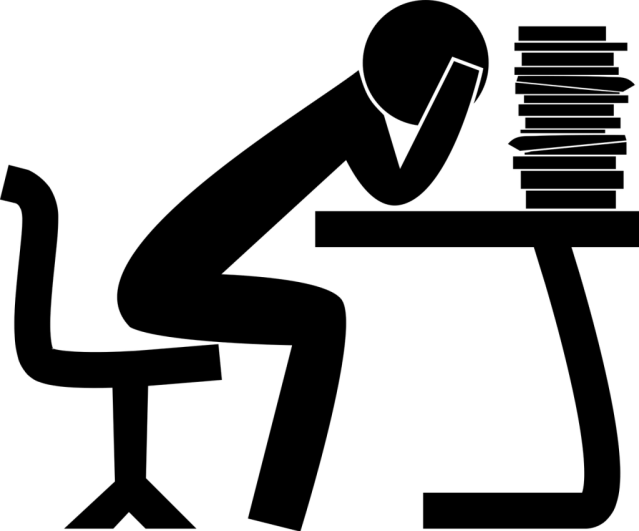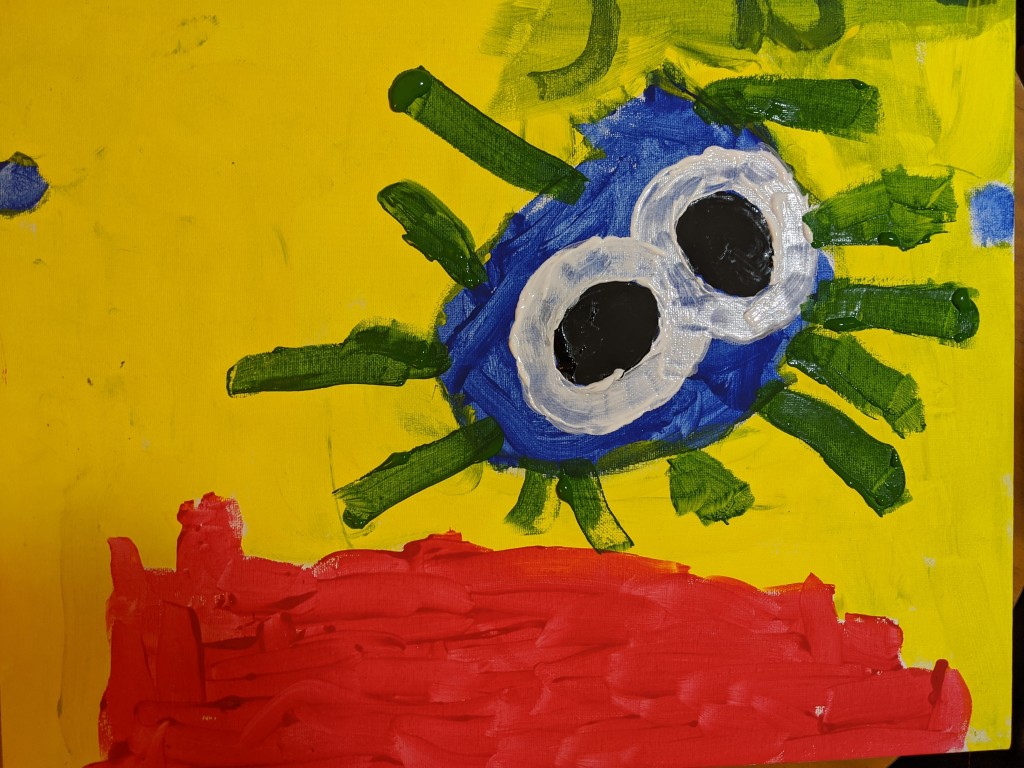Managing Exam Stress
Tags: Anxiety management, Exams, Stress
(You can skip straight to the breathing exercise if you like)
Needless to say, one of the key things in managing exam stress is the actual study you do. So of course, starting early and preparing well is going to be very helpful. Once you’re at or near the actual exam the challenge is more about optimising things as much as you can, with whatever your level of preparation.
Another important area is specific study, revision and exam skills. You will be developing these throughout your time of study, together with your academic confidence generally. At the time of the exam there are a number of recommended strategies around the specifics of dealing with the exam paper: for example, read the exam questions carefully, make sure you understand the question. Make a few rough notes or brainstorm just to get some initial ideas and to get that inner process started. Start with a question you feel the most confident in, to get as many marks in the bag as you can, and get things going. Here are some tips on exam preparation.
Here, let’s focus on what you can to do to manage your emotional state (anxiety, wellbeing): Getting your state right will optimise everything else. Being in a good state has longer term and short term factors. There are things you can do in the time leading up to your exam, and on the day.
General self-care: Looking after yourself, investing in your wellbeing will pay off and be a more sustainable strategy. There’s lots of good advice on improving well being on this blog and elsewhere. Here’s a brief reminder of some of the practicalities for getting the best out of yourself:
Regular exercise: in any shape will help. Little and often, doing something you like doing. There is lots of evidence to suggest a strong positive impact on mood and cognitive functioning.
Eating & Nutrition: This includes the usual advice, eating plenty of vegetables and fruit. Avoid high sugar and highly processed foods, complex carbohydrate (Low GI, sustained release is better). Avoid excessive caffeine. Alcohol in moderation, avoid drugs. Drink plenty of water.
Some kind of meditative activity: this can include things like mindfulness or yoga. Mindfulness is a great way to build resilience and develop emotion management skills as well as enhance cognitive processes. It tends to work cumulatively, rather than as first aid in an anxiety situation.
Sleep hygiene & Routines: sensible use of screen time (avoid excessive use, avoid at bedtime and definitely not in bed!), avoid caffeine in the evenings. Read, listen to music, relaxing sounds, or an audiobook at bedtime.
The night before: Staying up late (or all night!) can sometimes work as a short term solution when you have to hit an assignment deadline (most of us have done this at some point, hopefully got away with it, and vowed not to leave things to the last minute again!). But This is not a sustainable strategy for studying. And for exams it will not be helpful at all, even if you manage to cram lots of knowledge into your head, you probably won’t be in a fit state to deploy that effectively. So be kind to yourself, and get some rest the night before.
Let’s talk about managing anxiety: The days before and during the exam can be challenging for most of us. On a very practical note: Get organised and show up early, get things ready the night before, and get up early so no there’s no need to rush around getting more wound up.
Anxiety is a normal response to stressful situations. In fight or flight mode our adrenalin system kicks in and is there to provide additional resources when there is a perceived danger situation. This works really well where we need to deal with situations of physical threat, but is less effective when we have complex tasks to deal with (studying, thinking, writing assignments, exams, job interviews, first date etc.).
A small amount of adrenalin can be helpful in giving us a bit of alerting energy. However, too much of it will cause a drop in productivity. There is an optimum range for this. So as adrenalin levels go up, initially performance increases, however it soon tapers off and begins to drop as adrenalin increases.

Here are some tips to manage your state during the period leading up to and especially on the day. With performance anxiety there is usually a cycle: feeling anxious – negative thinking – more anxiety – more negative thinking. Interrupting this at both points (thoughts and feelings) is a good strategy to manage anxiety, stop it spiralling further, and even begin to turn it into a positive cycle (feeling calm – increasing confidence).
Manage unhelpful thought patterns. Watch out for catastrophising thoughts. Remember: thoughts are not facts. Thoughts with a negative bias amplify stressful feelings. Instead, try saying something like: “I’ll do my best, staying calm and focusing on the task will help me to get the best out of myself”. If you think you should have done more, earlier on, then there is not point in beating yourself up. Better to approach this with self compassion: “OK I could have done better, I can learn from this, and improve things in future”.
Learn to use calming strategies. There are a range of good ways to settle anxious feelings, using the breath is a powerful way to calm things. Here is a breathing technique that you could try. This audio file is a breathing exercise which lasts 6 minutes, the link opens in Dropbox where you can directly play the file or download it for offline use. We are very interested in getting feedback so please feel free to let me know how you get on with it.

Selye, H. The Stress of Life. New York: McGraw-Hill, 1956 (2nd Revised edition 1978)
Yerkes, R. M. & Dodson, J. D. (1908). The relationship of strength of stimulus to rapidity of habit formation. Journal of Comparative Neurology and Psychology, 18, 459–482.
*The Yerkes–Dodson law suggests that there is a relationship between arousal and performance. originally developed by psychologists Robert M. Yerkes and John Dillingham Dodson in 1908. The law dictates that performance increases with physiological or mental arousal, but only up to a point.
This law states that a relationship between arousal and behavioural task performance exists, such that there is an optimal level of arousal for an optimal performance. Over – or under-arousal reduces task performance.
This graph shows a version of the Yerkes–Dodson law, it leaves out that hyperarousal does not seem to adversely impact simple tasks.









